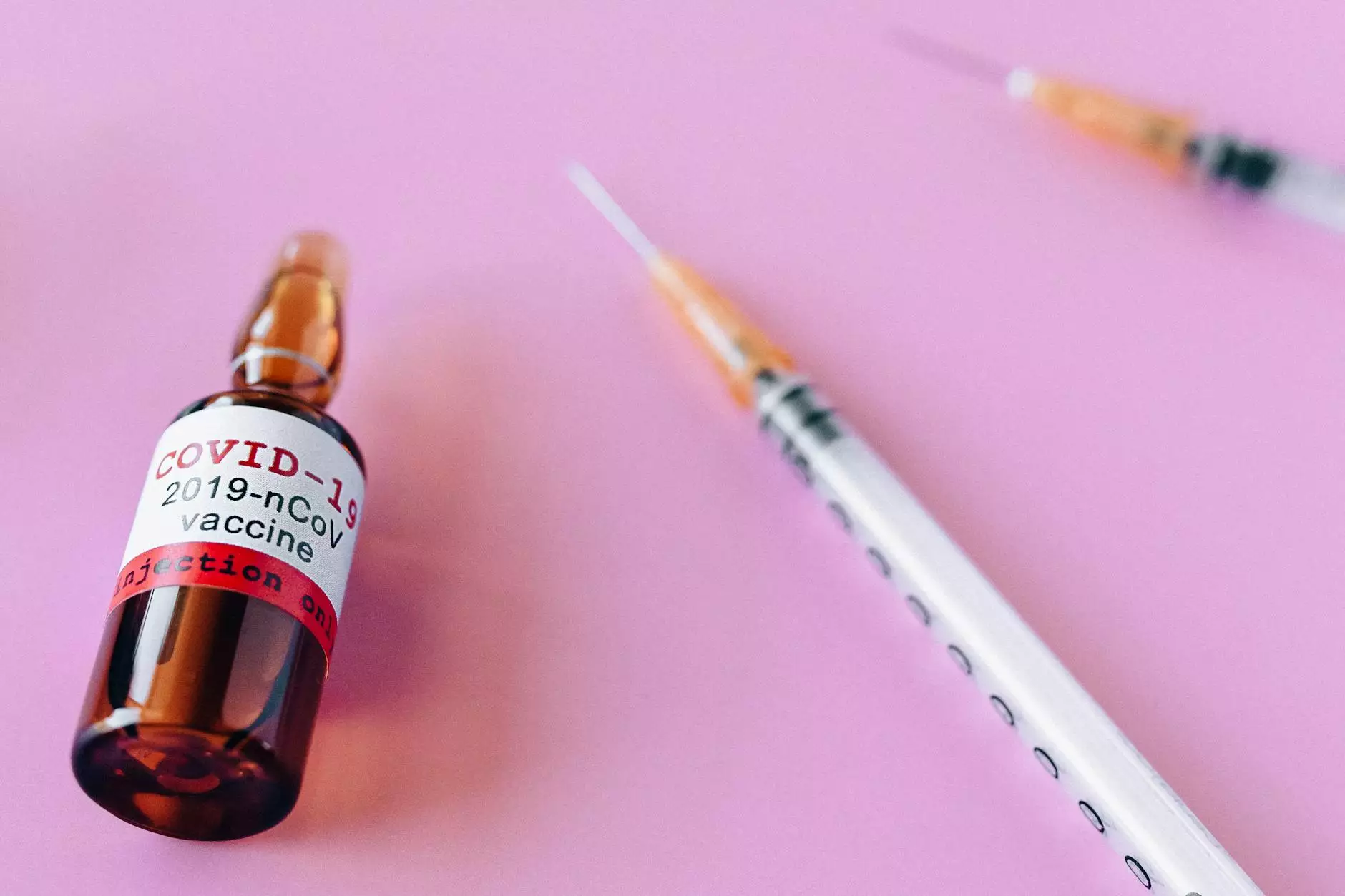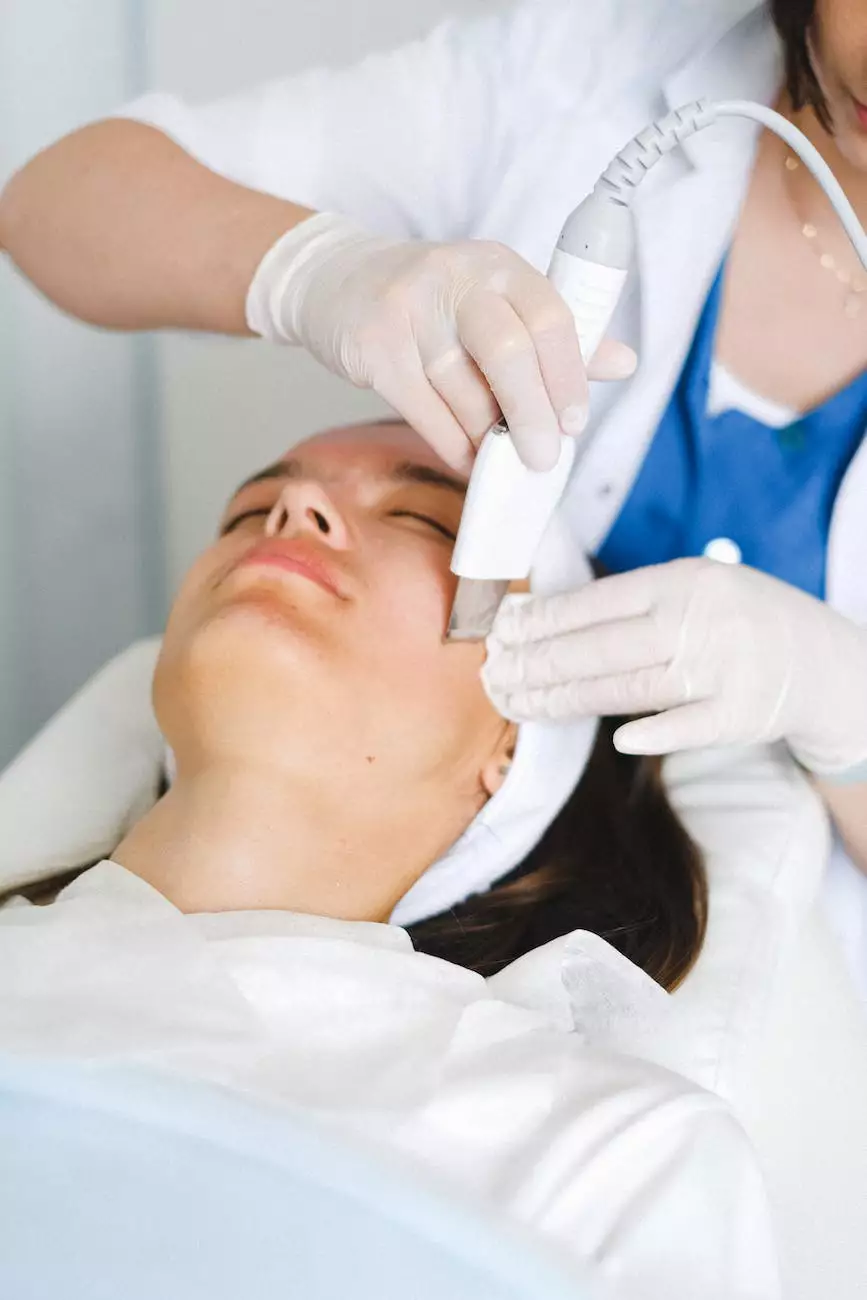What Causes Low Testosterone?
Health
Introduction
Welcome to CHI St. Luke’s Health - Performance Medicine, a leading provider of comprehensive men's health solutions. In this article, we explore the various factors that can contribute to low testosterone levels in men. Understanding the causes of low testosterone is crucial for effective diagnosis and treatment. Our team of experts is dedicated to helping you regain vitality and improve your overall well-being. Let's delve into the details.
Hormonal Imbalance
One of the primary causes of low testosterone is hormonal imbalance. Testosterone is a hormone produced primarily in the testicles and is responsible for maintaining many aspects of male health, including muscle mass, bone density, and sex drive. Any disruption in the hormone production process can lead to a decrease in testosterone levels.
Aging
As men age, their testosterone levels naturally decline. This process, known as andropause, typically starts around middle age. The decline in testosterone can result in various symptoms, such as fatigue, reduced libido, and decreased muscle mass. While aging is an inevitable factor, our experts at CHI St. Luke’s Health - Performance Medicine can help mitigate the effects of low testosterone through personalized treatment plans.
Chronic Illnesses
Several chronic illnesses can contribute to low testosterone levels. Conditions such as type 2 diabetes, obesity, and chronic kidney disease have been linked to hormonal imbalances in men. Additionally, certain medications used to treat these conditions may also influence testosterone production. Our team of specialists thoroughly evaluates your medical history and underlying conditions to develop a tailored treatment approach.
Stress and Lifestyle Factors
Excessive stress, lack of quality sleep, and an unhealthy lifestyle can all contribute to low testosterone. Stress triggers the release of cortisol, which can inhibit testosterone production. Poor sleep patterns disrupt hormonal balance, while factors like obesity and sedentary habits can also play a role in decreased testosterone levels. Our comprehensive approach focuses not only on medical interventions but also on optimizing lifestyle factors that impact hormonal health.
Environmental Exposures
Exposure to certain environmental factors can disrupt testosterone production. Chemicals found in plastics, pesticides, and even certain personal care products contain endocrine disruptors that can interfere with hormone regulation in the body. Understanding and minimizing exposure to these substances can be pivotal in maintaining healthy testosterone levels.
Genetic Factors
Genetics can also play a role in testosterone levels. Some individuals may have a genetic predisposition to lower testosterone production. While genetics cannot be changed, our experts at CHI St. Luke’s Health - Performance Medicine can provide personalized treatment options to optimize hormone levels based on your unique genetic makeup.
Conclusion
Understanding the causes of low testosterone is crucial for effective diagnosis and treatment. Whether it's hormonal imbalances, aging, chronic illnesses, stress and lifestyle factors, environmental exposures, or genetic factors, CHI St. Luke’s Health - Performance Medicine is committed to providing you with comprehensive solutions tailored to your specific needs. Don't let low testosterone impact your quality of life. Contact us today to schedule a consultation.










